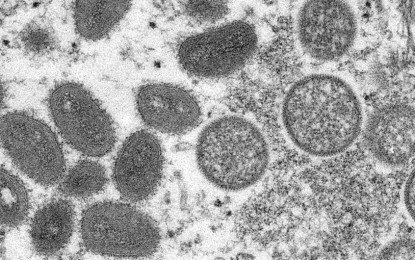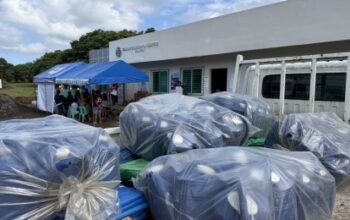The Department of Science and Technology (DOST) is open to evaluating research and development (R&D) proposals on the monkeypox viral disease for possible funding.
Monkeypox is a rare viral disease that is reportedly common in Central and West Africa, often near tropical rain forests.
DOST Assistant Secretary Leah Buendia said monkeypox detection is of higher priority than cure and said their agency will, however, appraise any proposal they will receive.
“The possible R&D focus (is) on surveillance and monitoring of confirmed cases. Their clinical history and possible modes of exposure will be analyzed, as well as contact tracing to limit the spread,” she said.
Buendia stressed detection of cases through the use of diagnostic tests, commands priority consideration as this will facilitate prompt isolation and contact tracing as well as understanding the clinical course and modes of exposure, infection and spread, and formulate better prevention strategies.
She noted that “Monkeypox infection is usually mild compared to Covid-19, and self-limiting, so cure is not of paramount importance at present.”
In a webinar organized by PhilCare, infectious diseases consultant Christopher John Tibayan said monkeypox has an incubation period of about five to 21 days wherein the person experiences no symptoms.
Tibayan explained that during the febrile stage that lasts for one to four days, the person may have fever, headache, sore throat, and fatigue. Skin rashes may appear from two to four weeks, adding that fever and pain management, respiratory care, and hydration are among the essential treatment for monkeypox.
Meanwhile, Buendia said since there is no specific cure for monekypox, treatment protocol and other adjunct treatment are areas for innovation and R&D that researchers could consider.
She said there are two commercially available vaccines against monkeypox, although these are not locally available. “One is a live attenuated vaccinia virus, and the other is a replication deficient vaccinia virus which has lesser side effects than the former,” she added.
R&D proposals that will pass the technical review panel and approved by the executive committee will receive funding from the DOST.
Buendia said the funding amount will depend on the proposal, and currently, DOST is in discussion with some researchers regarding improved diagnostic tests.










